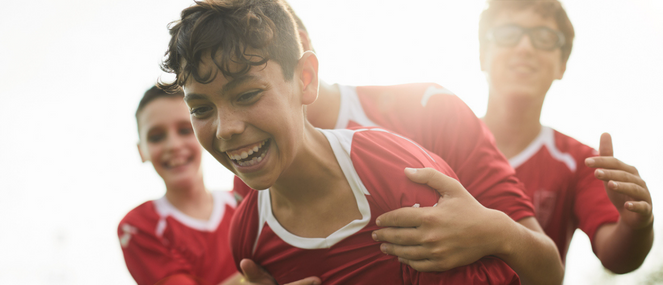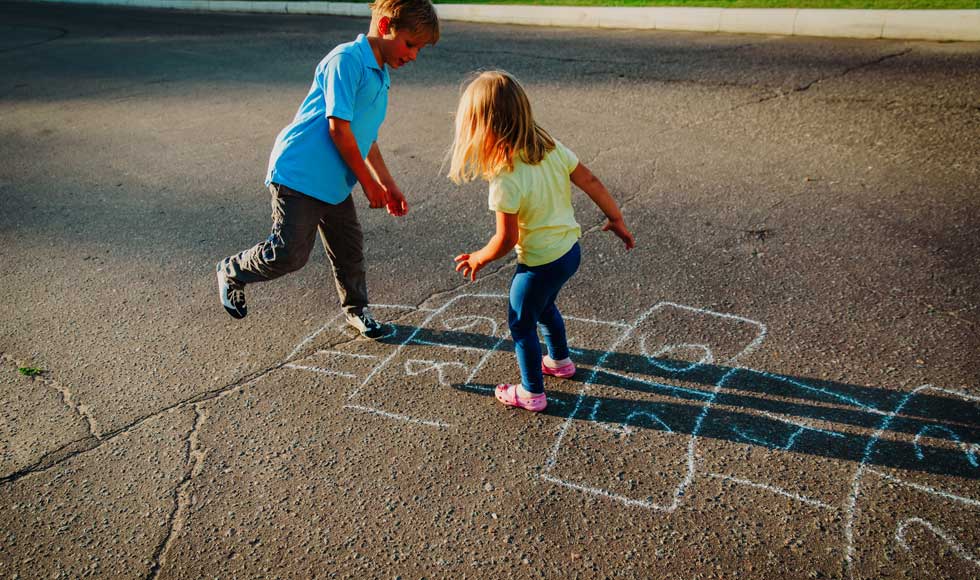
- Health hub/
- Kids Health/
- Curb your child’s anxiety the natural way


Common childhood anxieties are often associated with periods of growth and development. So even healthy, thriving children can experience of the (generally short-lived) affliction.
Below is a basic list of fears that can crop up during various stages of development.
- Babies and toddlers – loud noises, heights, strangers and parental separation
- Preschoolers – being on their own or the dark
- School-age children – supernatural things, social situations, failure, criticism or tests, and physical harm or threat
For parents navigating childhood fears, knowledge is the best defence, yet healthy diet and lifestyle habits are equally vital.
The journal for the American National Center for Health and Wellness reports that proper diet and regular exercise can help alleviate the physical tension associated with stress and lower anxiety levels.
So like adults, children should eat a balanced diet consisting of lean meats, wholegrains, fruits and vegetables. Avoiding too much sugar and drinking plenty of water is also important in how little bodies cope with stress (as well as setting good lifelong habits).
But getting kids to eat enough of the right things on a regular basis isn’t always easy. If, like many parents, you feel like you’re losing the battle, a daily multi-vitamin may be a good solution to help meet recommended nutritional intake.
And although the benefits of regular exercise for all children are well documented, an upside for youngsters suffering from anxiety is that physical activity can help release tension via an increased flow of oxygen in the body while stimulating the nervous system.
Most young children are, by nature, lively, so organised exercise or team sports may not be necessary in the preschool years. However, encouraging and nurturing physical activity is important.
How to promote active preschoolers
- Playgroups: focus on gross motor skills (running, catching etc).
- Parks and playgrounds: encourage active play i.e. climbing frames, slippery dip etc.
- Great outdoors: get kids into the backyard (or local park if outside space is limited at home). Activities like kicking or throwing a ball or playing hide and seek is good, fun exercise.
- Walking: on short trips encourage children to walk rather than ride in a pram.
For older children, team sports such as netball and soccer, or individual pursuits such as tennis or swimming, are enjoyable and a great way to keep fit and healthy from a relatively young age. Even getting into the habit of walking to school a day or two a week is a good way to get their little hearts pumping.
Remember, if you are concerned about your child’s anxiety you should always visit your healthcare professional, your child’s school counsellor, a specialist anxiety clinic or your local children’s health or community centre.
References available on request




